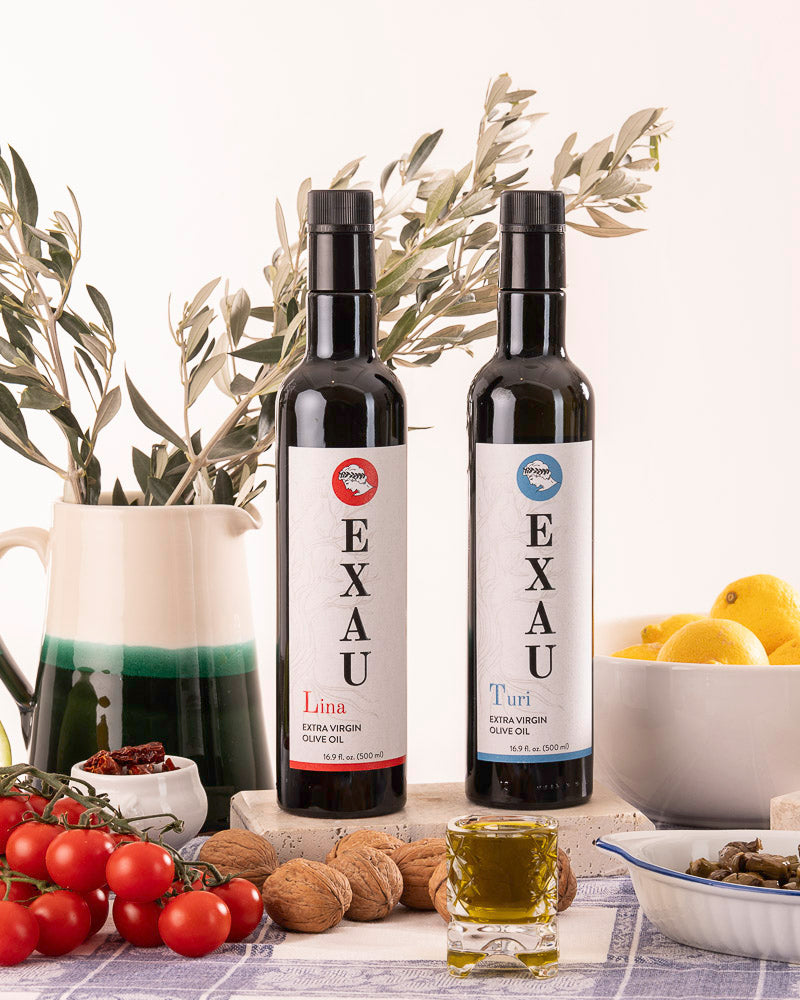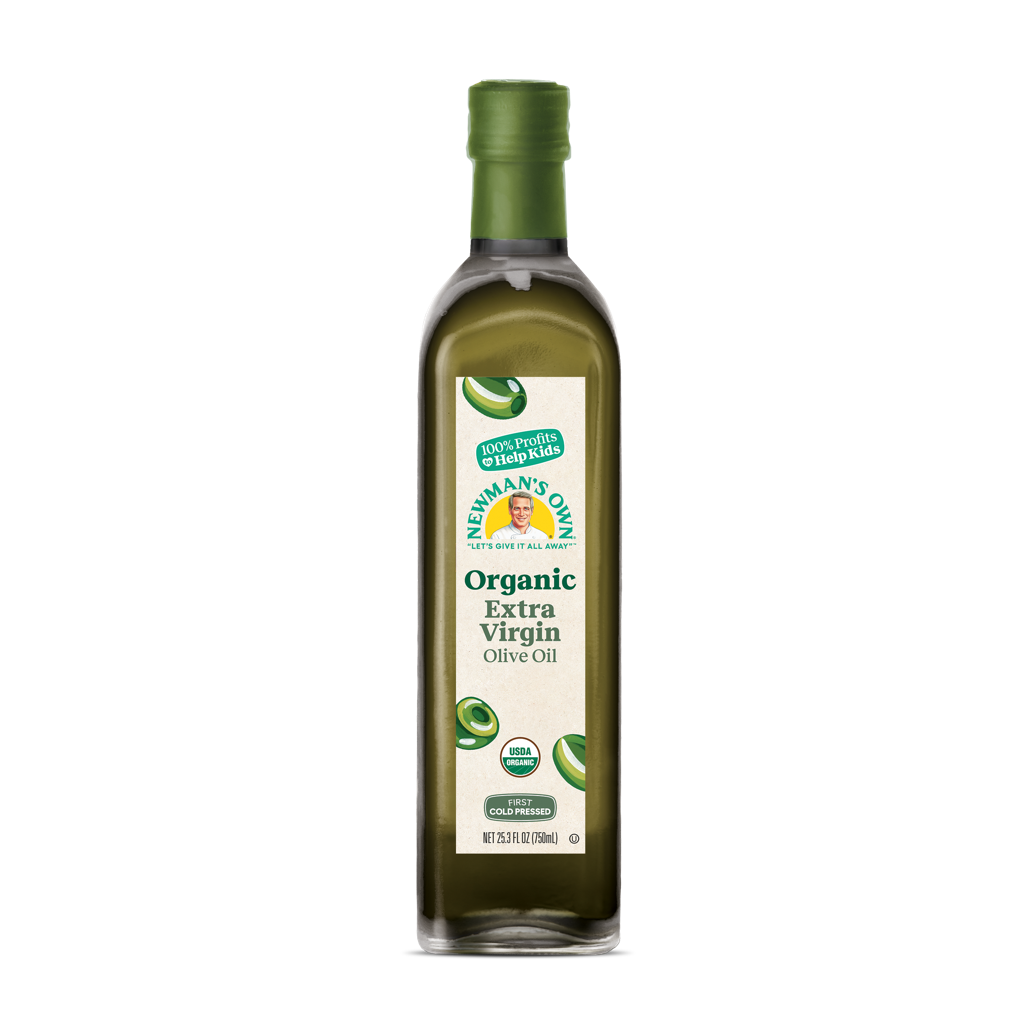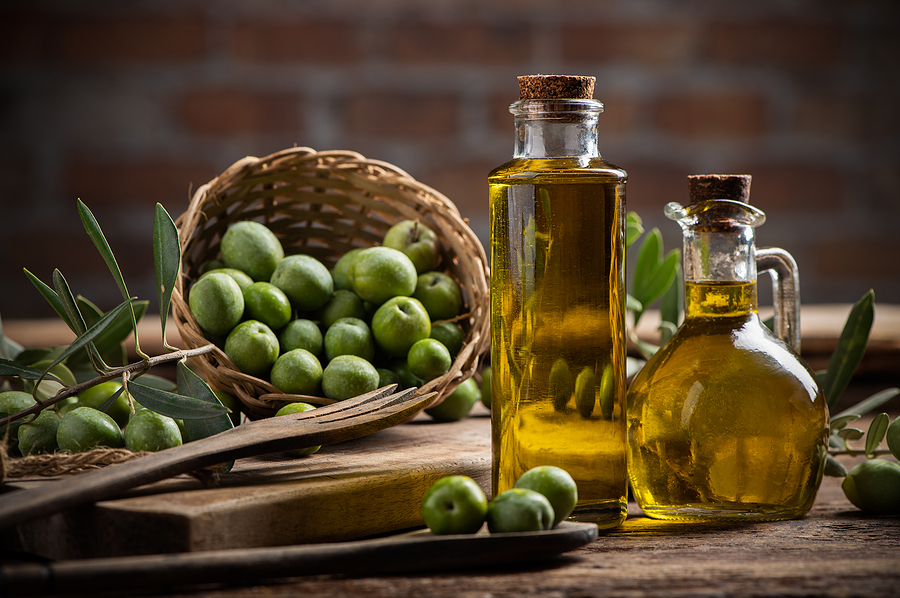Extra Virgin Olive Oil Benefits: A Must-Have for a Balanced and Nutritious Lifestyle
Extra Virgin Olive Oil Benefits: A Must-Have for a Balanced and Nutritious Lifestyle
Blog Article
Discovering the Various Types of Olive Oil and Their Uses, Consisting Of Additional Virgin Olive Oil
The exploration of olive oil incorporates a diverse range of kinds, each offering culinary applications and distinct flavors. Additional virgin olive oil, renowned for its premium high quality and health advantages, acts as a staple in many kitchen areas, yet it is only one aspect of this diverse ingredient. extra virgin olive oil benefits. Various other ranges, such as pure and refined olive oils, additionally call for attention for their special homes and uses. Comprehending these distinctions can substantially impact both food preparation techniques and flavor accounts. What, then, should one take into consideration when choosing the right olive oil for a details culinary venture?
What Is Olive Oil?
Originated from the fruit of the olive tree, olive oil is a staple in Mediterranean cuisine and a vital ingredient in various culinary applications. This flexible oil is created by pressing entire olives, causing a fluid that differs in color, aroma, and flavor depending on the type of olives made use of, the area of cultivation, and the extraction process. Olive oil is primarily made up of monounsaturated fats, specifically oleic acid, which is recognized for its potential health and wellness benefits, including anti-inflammatory buildings and cardio assistance.
Along with its culinary uses, olive oil has a long history of application in traditional medicine and skin care, owing to its abundant antioxidant material (extra virgin olive oil benefits). The oil is usually made use of in dressings, sauces, and for cooking approaches such as sautéing and roasting. Its distinctive taste account can boost the preference of numerous recipes, making it a crucial active ingredient for both home chefs and professional chefs
Additionally, olive oil is celebrated for its role in the Mediterranean diet regimen, which is connected with countless wellness advantages. As understanding of these advantages grows, olive oil remains to obtain appeal worldwide as an essential element of a healthy lifestyle.
Kinds Of Olive Oil
Comprehending the various sorts of olive oil is crucial for both health-conscious consumers and cooking enthusiasts. Olive oil is identified mostly based on its removal technique and top quality, which substantially affects its aroma, health, and flavor benefits.

Light olive oil, regardless of its name, describes a lighter flavor and not lower calories. It is ideal for those looking for a more subtle preference in dressings and sauces. Furthermore, there are flavored olive oils instilled with herbs, flavors, or citrus, which can enhance recipes without the requirement for additional seasoning.
Each sort of olive oil serves specific cooking purposes, and comprehending these distinctions enables consumers to make informed selections that align with their cooking styles and wellness objectives.
Extra Virgin Olive Oil
Bonus virgin olive oil (EVOO) is commonly related to as the highest possible top quality olive oil offered, well known for its rich taste and numerous wellness benefits. To be identified as additional virgin, the oil must be created from fresh olives using mechanical procedures, without using solvents or excessive heat. This careful method maintains the oil's natural tastes, anti-oxidants, and healthy fats, leading to a product with a reduced level of acidity level of much less than 0.8%.
EVOO is bountiful in monounsaturated fats, especially oleic acid, which is connected to decreased swelling and improved heart health and wellness. It also includes polyphenols, effective antioxidants that may provide protective impacts versus persistent diseases. The flavor account of EVOO can differ considerably relying on the olive variety and area of manufacturing, varying from grassy and fruity to durable and sharp.

Culinary Uses of Olive Oil

In food preparation, olive oil can be made use of for sautéing, toasting, and cooking, supplying a much healthier option to butter or other fats. Its high smoke point makes it suitable for various cooking approaches, while its antioxidants add to a heart-healthy diet. Drizzling olive oil over finished recipes, such as pasta, fish, or smoked veggies, can elevate flavors and include a touch of style.
In addition, olive oil plays a substantial duty in baking, where it can replace standard fats in dishes for bread and breads, giving wetness and a subtle preference. It additionally serves as look these up a base for infused oils, enabling chefs to try out flavors such as garlic, natural herbs, or chili, even more expanding its cooking capacity. In general, olive oil's versatility makes it essential in both home and professional cooking areas.
Deciding On Quality Olive Oil
When picking high quality olive oil, it's necessary to take into consideration a number of key factors that affect the product's taste, aroma, and wellness benefits. Opt for extra virgin olive oil (EVOO), which is acquired from the first cool pushing of olives and includes the highest degrees of antioxidants and helpful compounds. Search for oils that are licensed by recognized organizations, as this usually ensures adherence to rigid quality requirements.
The product packaging additionally plays a significant function in maintaining the oil's honesty. Choose oils stored in dark glass bottles or tins to secure versus light degradation. Pay interest to the harvest day; fresher oils supply superior flavor and nutritional value, so choose products that are within 18 months of their harvest.
In enhancement, take into consideration the beginning of the oil. Top quality olive oils typically originate from certain areas recognized for their distinctive taste accounts, such as Italian, Spanish, or Greek oils. Ultimately, know the preference; an excellent quality olive oil should have a balance of fruity, bitter, and peppery notes, indicating its richness and intricacy. By assessing these factors, you can ensure you are picking the ideal olive oil for your cooking requirements.
Final Thought
In summary, the expedition of different kinds of olive oil exposes distinctive attributes and applications, with extra virgin olive oil standing for the more info here pinnacle of high quality due to its reduced acidity and high antioxidant web content. Comprehending the various selections of olive oil enables for educated choices in food preparation methods, promoting much healthier practices while enhancing the total gastronomic experience.
Derived from the fruit of the olive tree, olive oil is a staple in Mediterranean food and a key component in numerous culinary applications.The most typical kinds of olive oil include fine-tuned olive oil, pure olive oil, and light olive oil.Bonus virgin olive oil (EVOO) is widely related to as the highest possible high quality olive oil readily available, celebrated for its rich taste and countless health benefits. Choose for added virgin olive oil (EVOO), which is derived from the very first cool pushing of olives and contains the greatest degrees of anti-oxidants and beneficial compounds.In summary, the exploration of different types of olive oil exposes distinct attributes and applications, with extra virgin olive oil representing the pinnacle of high quality due to its reduced level of acidity and high antioxidant web a knockout post content.
Report this page